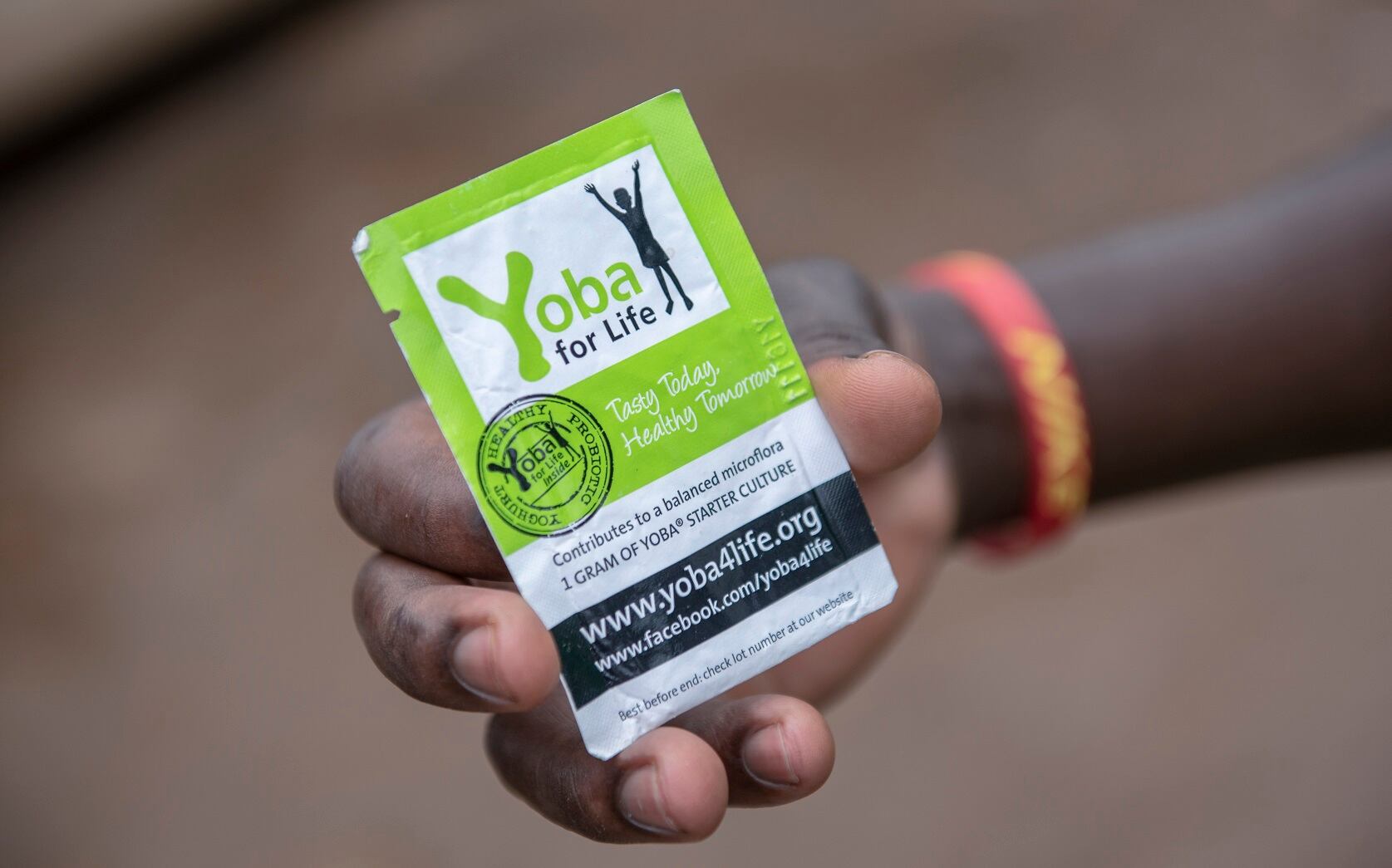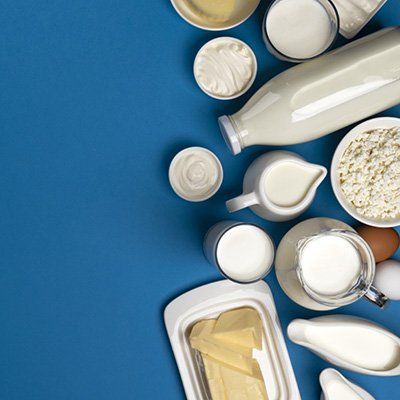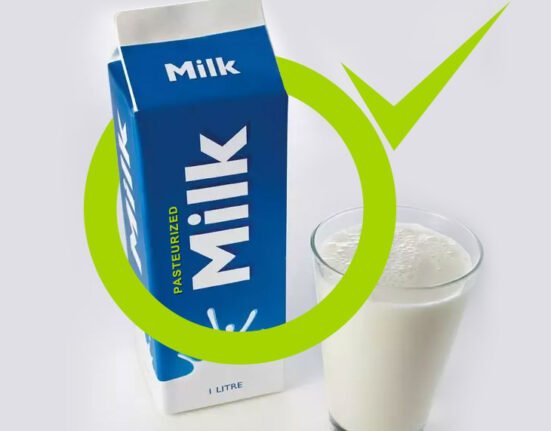
A new randomized controlled trial has added weight to the growing body of evidence supporting the health benefits of probiotic yogurt, especially in resource-limited settings. The study, conducted in Uganda, explored how school-based probiotic interventions impact children’s respiratory health and key biological markers.
Conducted among 196 school-aged children, the trial tested yogurt fortified with two probiotic strains—Lacticaseibacillus rhamnosus yoba 2012 and Streptococcus thermophilus C106—versus a non-fermented dairy placebo. Over a nine-week period, researchers observed significant within-group improvements in the yogurt group, including reduced respiratory tract infection (RTI) symptoms, elevated urine hippurate levels (a biomarker of gut microbial diversity), increased fecal lactic acid bacteria, and higher levels of salivary SLPI—an antimicrobial protein crucial to immune defense.
From Microbiology to Local Empowerment
The yogurt formulation is the result of over a decade of work by the Yoba for Life Foundation, co-founded by Professor Remco Kort (Vrije Universiteit Amsterdam) and Dr. Wilbert Sybesma (Microbiome Solutions GmbH, Switzerland). Their vision: to create an affordable, scientifically validated probiotic culture accessible to low-income communities.
Inspired by the model of generic medicine, the foundation developed a “generic probiotic” based on the extensively studied L. rhamnosus GG (LGG). Their own strain, yoba 2012, was verified through genomic sequencing as virtually identical to LGG, enabling them to leverage its vast scientific credibility.
To overcome the strain’s aversion to lactose, researchers paired it with S. thermophilus, which pre-digests lactose and facilitates bacterial growth. The result: a shelf-stable starter culture that can be distributed in sachet form and used in community-based dairy fermentation programs.
Probiotic Yogurt in School Feeding Programs
“The trial reinforces the value of incorporating probiotics into school nutrition strategies, particularly in regions with limited healthcare access,” said Professor Kort. “While earlier Yoba studies reported reductions in skin and respiratory infections among young children, this is the first controlled trial demonstrating measurable shifts in biological markers and infection symptoms.”
Although differences between the probiotic and placebo groups were modest, the trend toward improvement highlights the potential for longer and more comprehensive interventions, the researchers noted. They recommend follow-up studies in more controlled environments such as boarding schools.
Impact Beyond Health
The study also aligns with Yoba for Life’s broader mission—empowering local dairy entrepreneurs and embedding science-backed nutrition in public health frameworks. With its school yogurt programs already reaching over 30,000 children in southwestern Uganda, the initiative is poised for large-scale implementation.
“With approximately 10 million school-aged children in Uganda, scalable interventions like probiotic yogurt can offer sustainable health benefits while also supporting rural economies,” Professor Kort added.
As the foundation looks to expand across sub-Saharan Africa, the study validates the Yoba model as a cost-effective, community-centered strategy for health improvement through dairy innovation.







